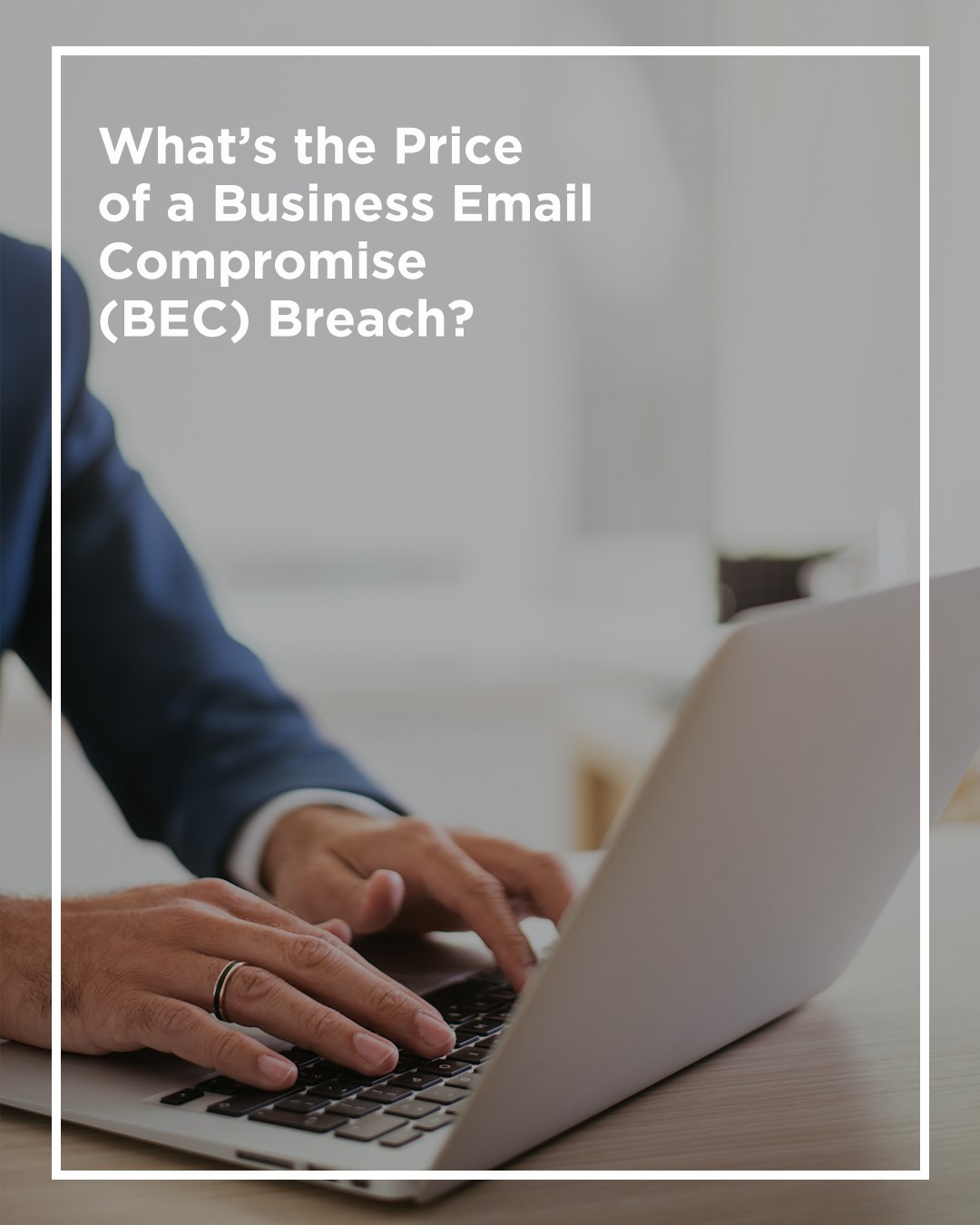The Werks is an IT related commentary bringing you the unvarnished truth steeped in a vat of reality. The information contained herein is the opinion and rantings of a 30+ year veteran of the IT industry. This will hopefully give you helpful knowledge untainted by any specific vendor focused kool-aide. Occasionally, you may find that this collection of brain droppings will also give you the laugh you needed to make it through another day locked in the IT gulag. Read-on, brave soldier!
Monday, October 31, 2022
Have you been fine tuning your #cybersecurity "A" game? The stakes have never been higher. Reply to learn why.
Fannie Mae Builds Productivity and Data Safety with Microsoft Security and Data Protection Solutions
Microsoft Defender for Office 365 Receives Highest Award in SE Labs Enterprise Email Security Services Test
Microsoft Rolls Out Passwordless Sign-on for Azure Virtual Desktop
Beazley warns of cyber risk complacency
Tuesday, October 25, 2022
Selling to Prospects image 10

Tech Providers in UK Financial Services Face Direct Regulation
Free Phishing Security Training Consultation
Monday, October 24, 2022
Detect Malicious Content on Upload with Trellix Detection as a Service
View: Detect Malicious Content on Upload with Trellix Detection as a Service
The Trellix Approach to Effective Cloud Security
Vulnerability Assessment Survey
The Case for Cloud Adoption in Financial Services Grows Stronger
Are You Ready to Be a Security Superhero?
Wednesday, October 19, 2022
Warning: Hackers Are Targeting The Ukraine Refugee Crisis
Social Message with Infographic
Tuesday, October 18, 2022
Complimentary Cyberthreat Assessment
Selling to Prospects image 9

A Ransomware Crew Pledged Allegiance To Russia. Now Its Data Has Been Leaked By Pro-Ukraine Hacker
Trends in IAM: Key Findings from the 2022 Thales Access Management Index
The Cybersecurity Challenges Of Working From Anywhere
From enabling hybrid work to creating collaborative experiences—here's what's new in Microsoft 365
Monday, October 17, 2022
Cybersecurity Awareness Month: Resilient Multi-factor Authentication (MFA) and Strong Passwords
Google Chrome—Emergency Security Update For 3.2 Billion As Attacks Underway
Keep application and user data secure
2022 Consumer Digital Trust Index
Test your team's security readiness with the Gone Phishing Tournament
Friday, October 14, 2022
What is your stripper name?
Anyone active on social media has seen those seemingly harmless quizzes that someone in your newsfeed takes and then shares…the ones that ask you to enter your first name, your middle name and the street you grew up on to create your “new name.” Joe + Schmoe + Blow Avenue = your stripper name.
Turns out they aren’t so harmless.
A hacker could use any of this info to get past firewalls into your accounts (financial or otherwise) by filling in answers to gain passwords.
They can also use this information to hack into your profile. Then, by controlling your account, they are able to reach out to friends and colleagues, sending messages as you, which can quickly damage your reputation.
According to the FTC, customers in 2021 reported losing about $770 million to fraud that started on social media. That’s an 18-fold increase since 2017 and affected more than twice the 2020 number of customers. In 2021, it affected more than 95,000 people.
Socialcatfish.com ranked Facebook as the most popular platform for online scams.
Other common social media scams include:
- Giveaways, where you’re told you have won but you need to submit payment info to receive your prize
- Profile hacking, where someone poses as an online “friend” and asks for money to get out of a bad situation
- Job offers, where what you think is a legitimate work-from-home opportunity might require you to pay a fee to “start” or guarantee a high paycheck for a menial task
The best way to avoid these scams is to just be wary. Be
careful of oversharing online. Does something seem too good to be true? Is your
“friend” speaking in an unusual way? Reach out offline. Know that only scammers
ask for money via a wire transfer or gift card. And if you really can’t resist
a fun online quiz (because everyone else is taking it), just make up the
answers.
If you do notice a scam, you can report it to the BBB Spam Tracker and ReportFraud.ftc.gov to help others.
To check if your private data has been exposed to any hackers online, schedule a 10-minute discovery call with our team now. Call us at 413-786-9675 or book a time here: https://tinyurl.com/nyx9sb4j
How To Protect Your Company From Smishing
Tuesday, October 11, 2022
Selling to Prospects image 8

Monday, October 10, 2022
IT Management Process & Infrastructure Review
Announcing General Availability of Scheduled Agent Updates on Azure Virtual Desktop
Simplify IT Management
Tuesday, October 4, 2022
Selling to Prospects image 7

